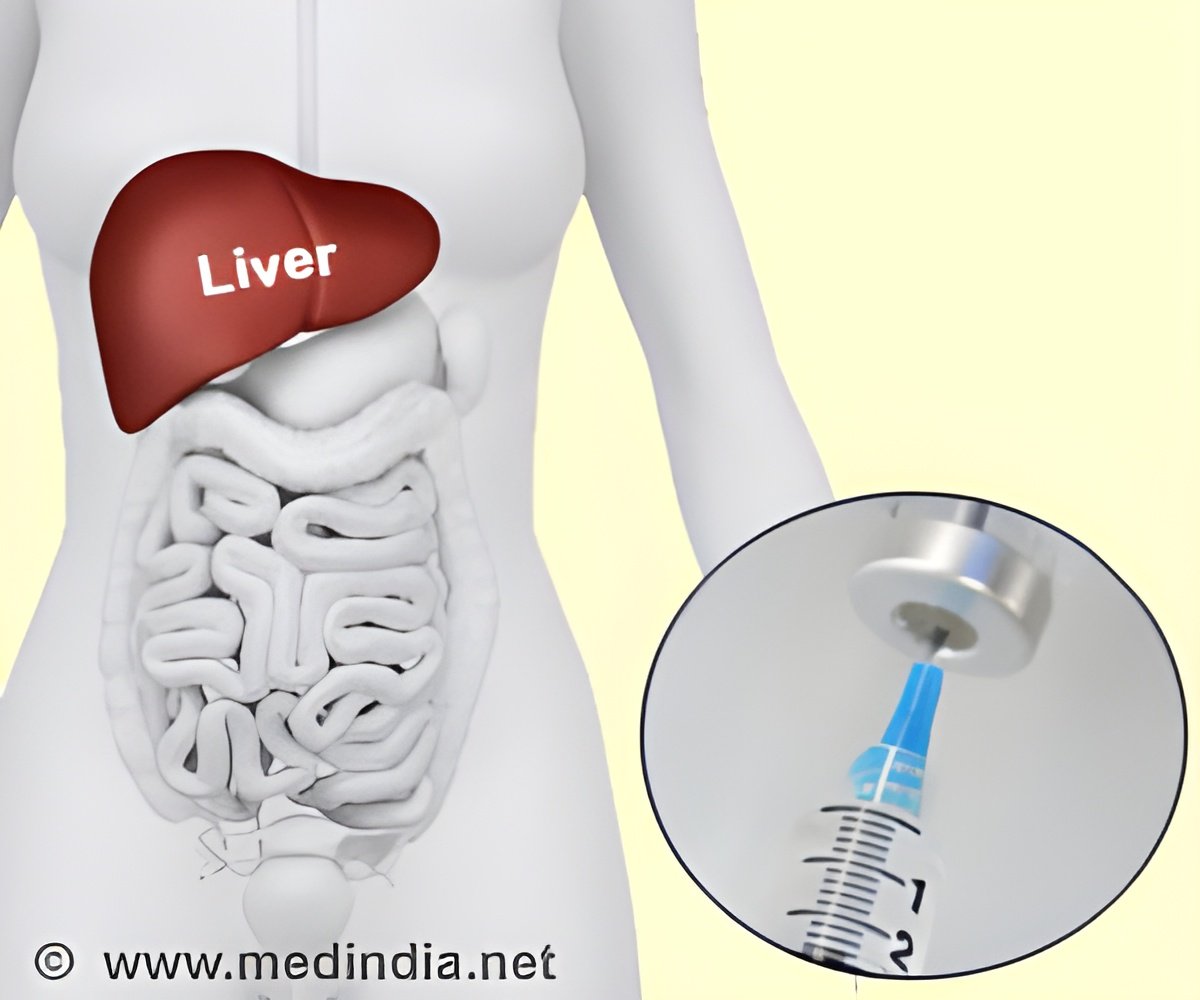
Chronic liver disease is caused by infections with hepatitis B or C virus, as well as alcohol abuse and malnutrition. Typically, the liver can repair itself after injury by increasing the production of cells called hepatocytes, but serious disease can interfere with this process and ultimately result in liver failure.
To identify potential targets for treating liver disease, Zender and his team developed an unbiased screen to search for genes that regulate liver regeneration in animal disease models. After interfering with the expression of hundreds of genes in mouse livers, they found that MKK4 inhibition increased the production and survival of hepatocytes after acute and chronic liver damage, resulting in healthier livers and an increase in the long-term survival of mice. Moreover, MKK4 inhibition increased the survival and long-term viability of hepatocytes in culture, offering a much-needed strategy for improving cell transplantation in patients with liver disease.
"Based on previous studies, we would not have guessed that MKK4 would strongly influence liver regeneration," Zender says. "Our study shows that genetic screens are a powerful way to search for genes, without any preconceived notions, to identify therapeutic targets that can be used to enhance the regenerative capacity of tissues."
Source-Eurekalert














